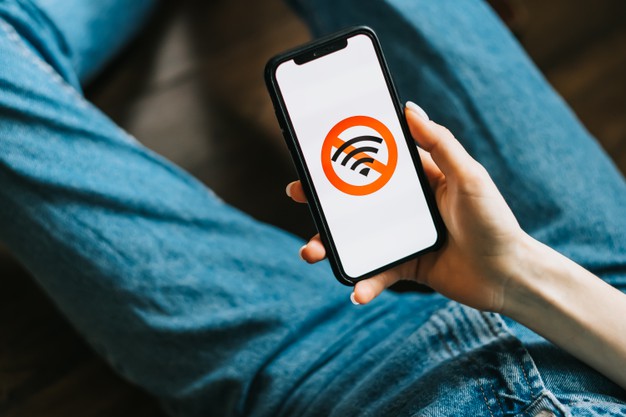The Department of Information and Communications Technology (DICT) has thrown its support behind Senate Bill No. 2092 which requires telecommunication companies and Internet service providers to give refunds for service outages and interruptions.

The bill seeks to amend Republic Act No. 7925 or the Public Telecommunications Policy Act of the Philippines passed into law in 1995.
Under the bill, public telecommunications entities and Internet service providers must, “on a pro-rated basis, provide a refund credit to a customer, or adjust a customer’s bill, who has experienced a service outage or disruption for an aggregate period of 24 hours or more within a month.”
The refund credit granted shall likewise be granted to customers subscribing to a service on a prepaid basis.
“Your DICT supports responsible delivery of telco services to Filipinos. It is only just and necessary that Filipinos get the quality of service they pay for,” DICT secretary Gregorio B. Honasan II said in a statement.
Meanwhile, Honasan stated the DICT recognizes the challenges that telcos and ISPs face in the roll-out of their services in the country. He said the Common Tower Policy is one among the department’s initiatives to provide assistance to the private sector in fast tracking their infrastructure roll-out.
Department Circular (DC) No. 008, s. 2020 dated 29 May 2020 provides for the guidelines on the co-location and sharing of Passive Telecommunications Tower Infrastructure for Macro Cell Sites, or most commonly referred to as the Common Tower Policy.
The policy is expected to widen the base of common towers and will speed up the deployment of Internet across the country as it allows and encourages telcos and Internet service providers to share cell towers.
“Building their own towers is not only very costly, but is also time consuming given the amount of processing and construction work needed for each. Because of this, the private sector tends to invest in areas that will ensure return on investment, which are mostly in populated and urbanized areas,” Honasan said.
“With the common tower policy, private telcos and ISPs are given better opportunities to provide Internet services to other areas for lower costs and risks. Hence, roll-out of Internet in the country will be much faster and more extensive — the effects of which are already being felt with the moving up of our global Internet rankings and the increase in both our mobile and fixed broadband speeds,” he added.




